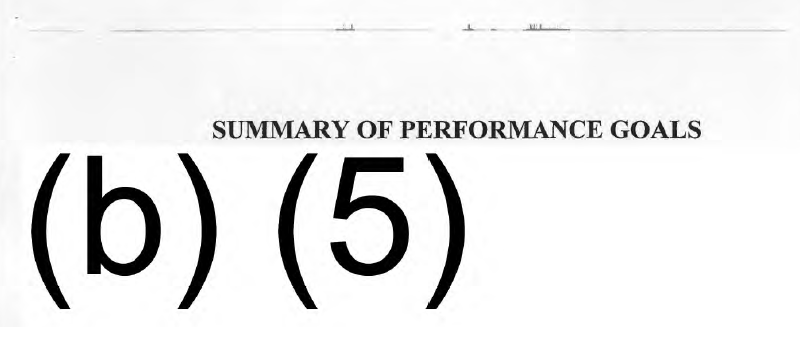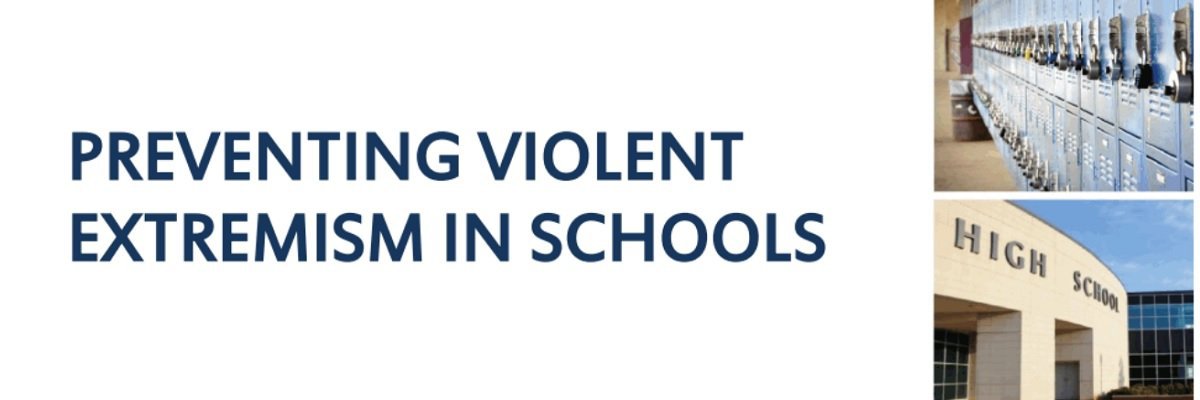Earlier this year, the FBI released its guidelines on “Preventing Violent Extremism in Schools” along with a website that allows users to learn about violent extremism and “earn an FBI certificate.”
Even before the release, the FBI’s guidelines and its “Don’t Be a Puppet” website had managed to attract critics. Muslim advocacy groups protested that it would lead to the profiling of Muslim youth in schools. Shannon Erwin of the Muslim Justice League wrote that the website was an attempt to turn school teachers into “informants” and “effectively to act as puppets of federal law enforcement.”
Congressman Bennie G. Thompson (D-MS) wrote a highly critical letter to Attorney General Loretta Lynch asking a series of questions to “gain a clearer understanding of the legal, civil liberties, privacy, and operational implications of the FBI’s CVE activities.” One of those questions related to the involvement of the US Department of Education in the production of the website:

In a response letter, the Assistant Attorney General Peter Kadzik provided the following information:

The letter also noted that another agency — the US Department of Health and Human Services — had rejected the FBI’s offer to review the same website.

Curious about exactly what feedback the FBI had received, I filed a request with the Department of Education for all records pertaining to the FBI’s CVE website. It took the Department less than a month to issue this rejection:

The (b)(5) exemption is supposed to protect “inter-agency or intra-agency memorandums or letters which would not be available by law to a party other than an agency in litigation with the agency.” In reality, however, it has been used to reject requests ranging from the CIA’s history of the 1961 Bay of Pigs invasion to Henry Kissinger’s notes of his telephone conversations. The Federal Elections Commission once claimed that its guidance on when to apply (b)(5) exemptions was itself exempt from disclosure under (b)(5) - one of the many reasons the exemption has become referred to as the “Withhold It Because You Want To” exemption.

Given the general lack of transparency behind Countering Violent Extremism programs, it is perhaps no surprise that the DOE does not believe in the public’s right to know the “advice and counsel” it provided to the FBI.
There is tremendous public interest at stake in the Department’s refusal to be transparent about its feedback. The website is one component of FBI’s CVE program which involves instituting a surveillance apparatus in schools that is likely to disproportionately target Muslims, sow distrust between teachers and students, and undermine the mission of schools, curtailing independent thought and dissenting political opinions.

The website itself, as a coalition of 14 civil liberties groups pointed out in a letter to the FBI Director James Comey Jr., “perpetuates profiling and negative stereotypes that Arabs, Sikhs, South Asians, Muslims and those perceived to be Muslim are prone to engage in extremist violence and encourages the policing of thoughts, ideas, and beliefs.”
Meanwhile, the agency in charge of the country’s education sits on the sidelines, refusing to inform the public what it thinks about the program. I will be appealing the DOE’s decision.
Image via CVE.FBI.gov




